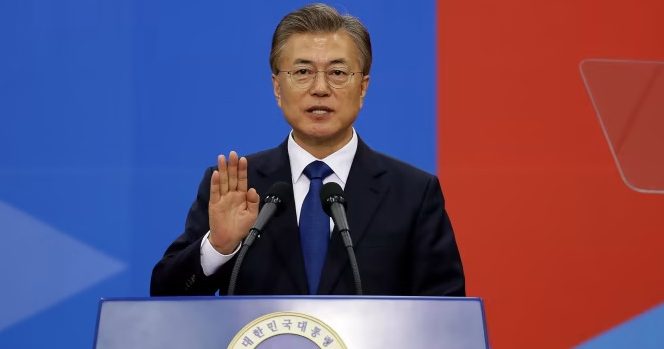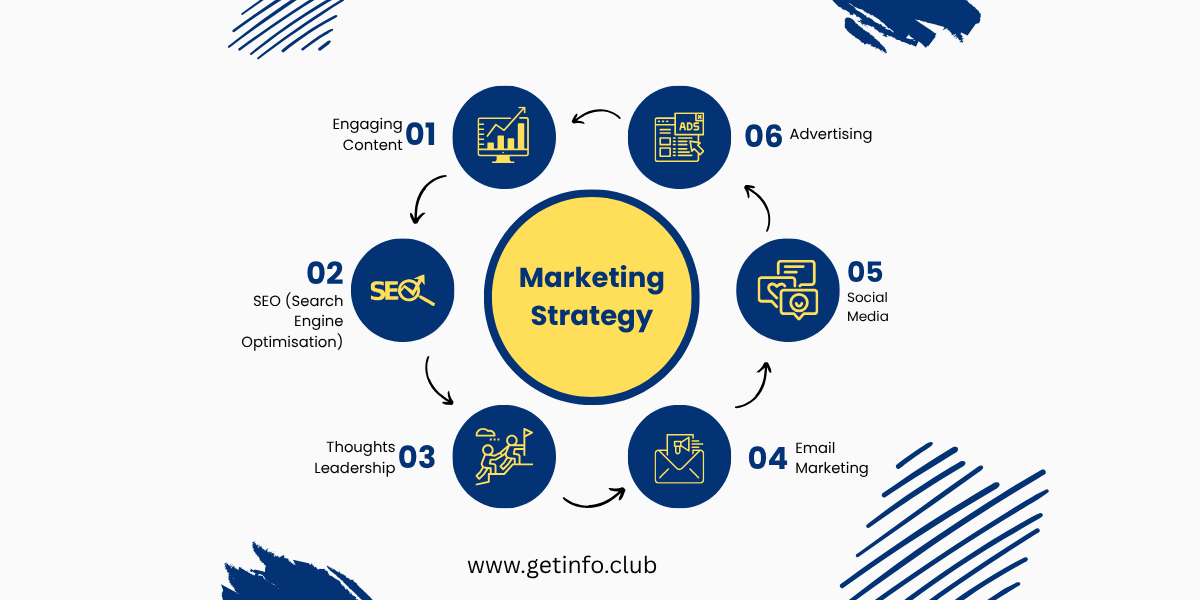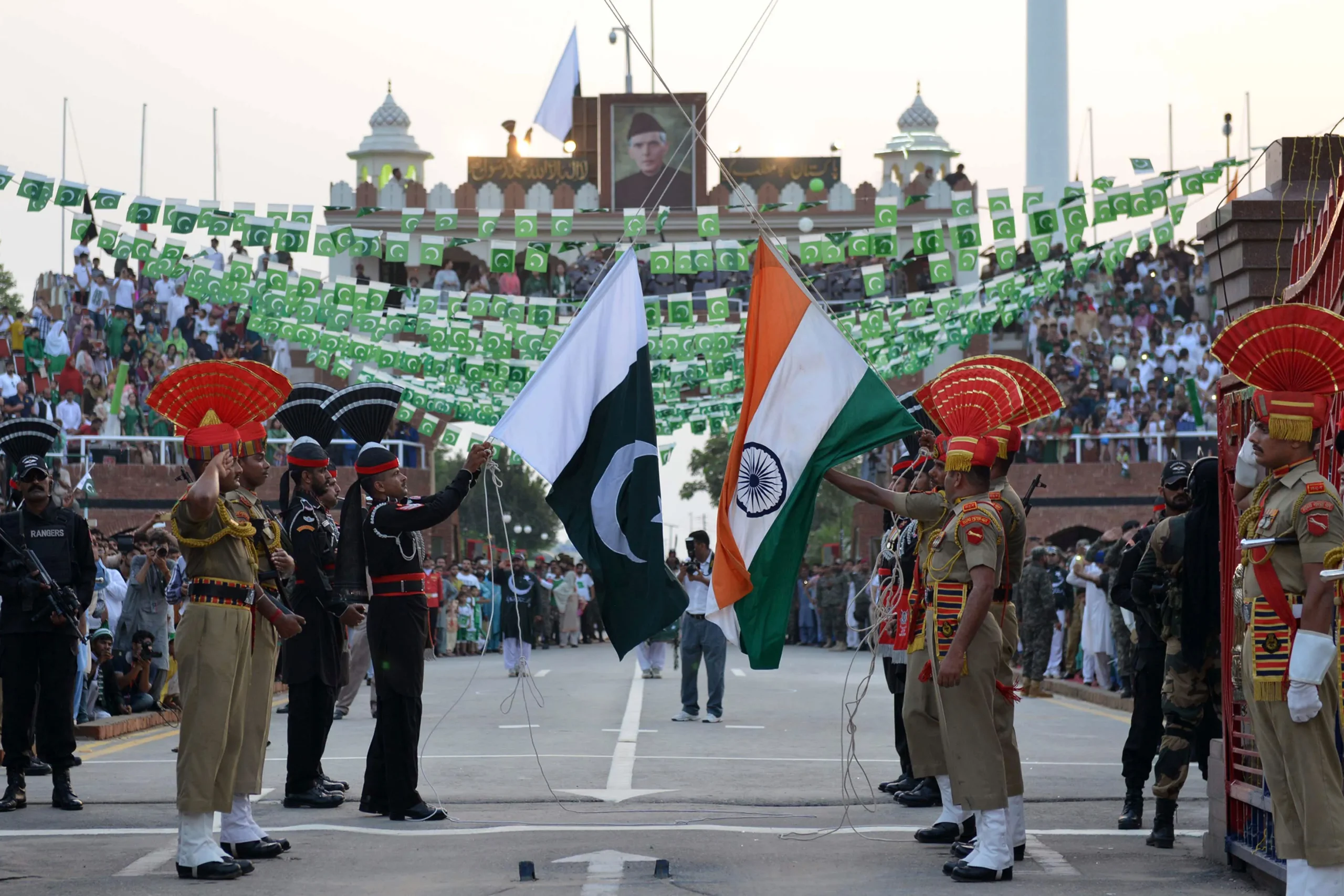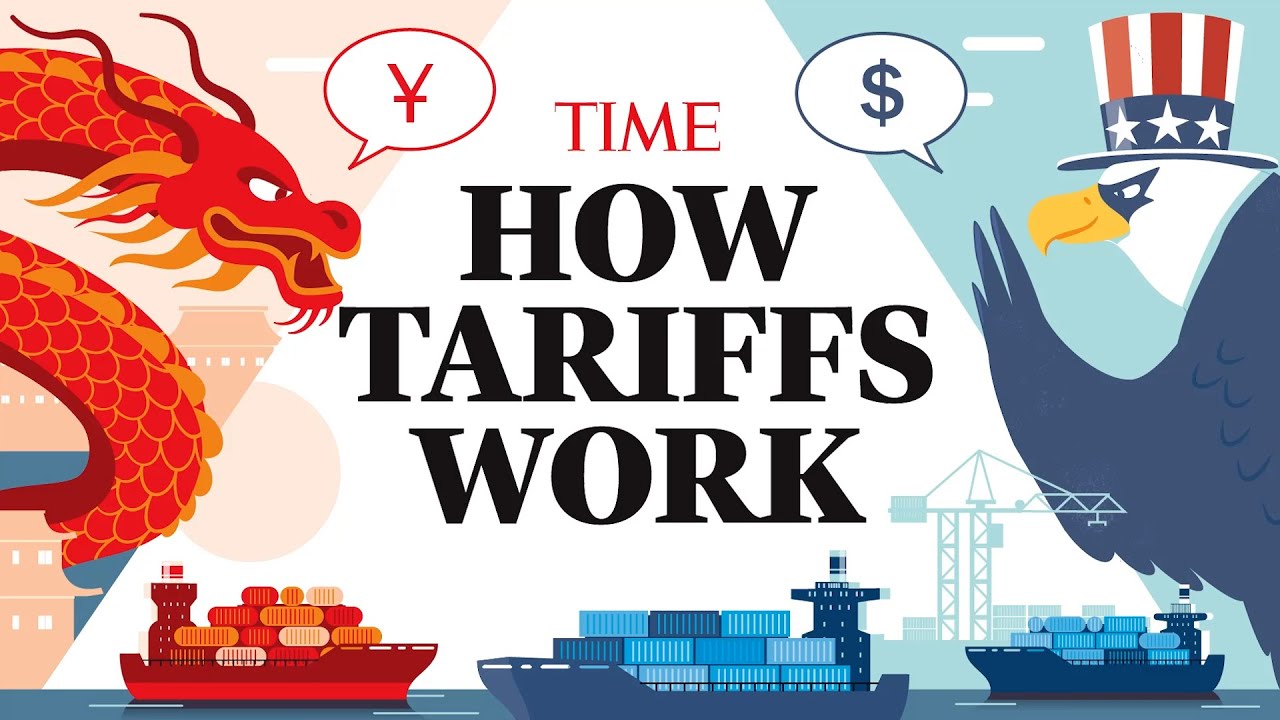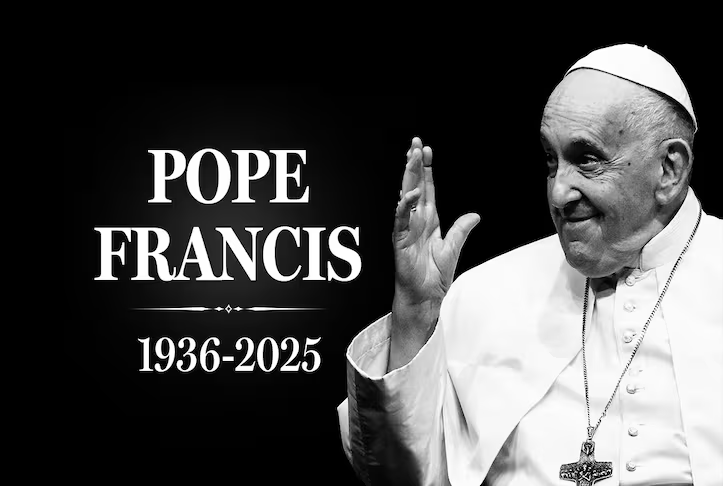
Introduction
Pope Francis, born Jorge Mario Bergoglio, was one of the most transformative and beloved figures in modern Catholic history. As the first pope from the Americas, the first Jesuit pope, and the first non-European pontiff in over a millennium, his papacy was marked by humility, a focus on the poor, and a commitment to interfaith dialogue. His death on April 21, 2025, at the age of 88, marked the end of a groundbreaking 12-year papacy that reshaped the Catholic Church’s approach to social justice, climate change, and inclusivity.
This blog traces his life from his early years in Argentina to his final days as the Bishop of Rome, exploring the key moments that defined his legacy.
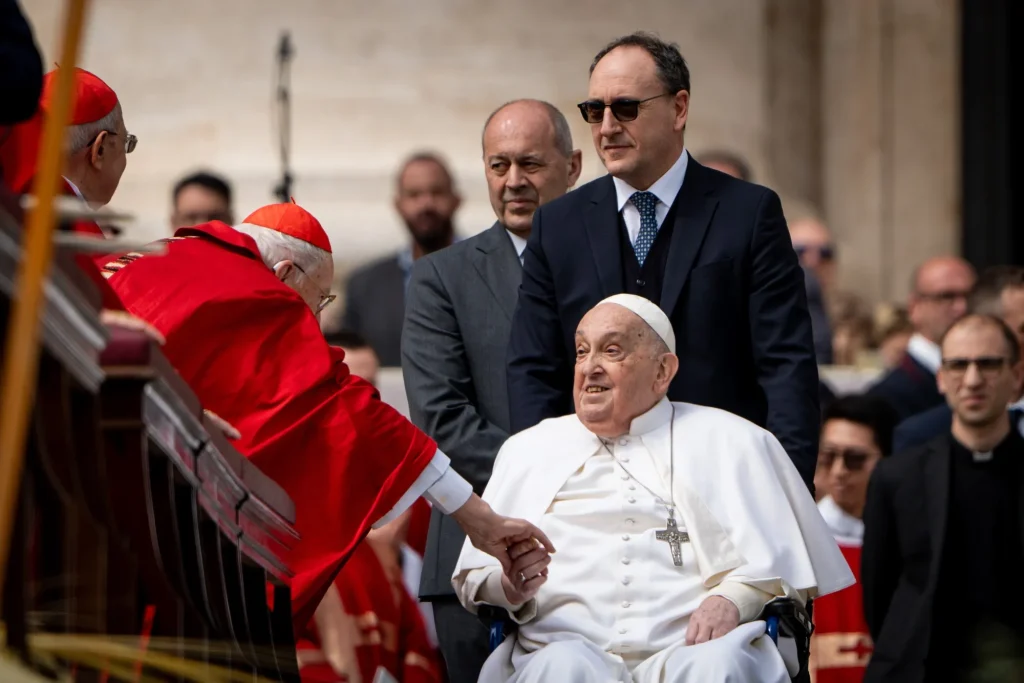
Early Life & Jesuit Formation (1936–1969)
Childhood in Buenos Aires
Jorge Mario Bergoglio was born on December 17, 1936, in Flores, Buenos Aires, to Italian immigrants Mario Bergoglio and Regina Sívori. He was the eldest of five children in a devout Catholic family that had fled Italy to escape Mussolini’s fascist regime.
As a young man, Bergoglio worked various jobs—a chemical technician, a janitor, and even a nightclub bouncer—before feeling a religious calling. A pivotal moment came at age 17 when, after confessing his sins in a Buenos Aires church, he experienced a profound sense of divine mercy, later adopting the motto “Miserando atque eligendo” (“By having mercy and by choosing”).
Health Struggles and Vocation
At 21, Bergoglio suffered a severe case of pneumonia, leading to the removal of part of his right lung—a condition that would affect his health in later years. Recovering from this illness deepened his faith, and in 1958, he entered the Society of Jesus (Jesuits), drawn to their intellectual rigor and missionary zeal.
Priesthood and Academic Pursuits
- Ordained a priest on December 13, 1969, by Archbishop Ramón José Castellano.
- Studied philosophy and theology in Chile and Argentina.
- Served as a teacher of literature and psychology before becoming Jesuit Provincial for Argentina (1973–1979) during the country’s brutal military dictatorship.
Rise in the Church (1979–2013)
Leadership During Argentina’s “Dirty War”
Bergoglio’s tenure as Jesuit Provincial coincided with Argentina’s military junta (1976–1983), during which thousands were “disappeared.” While critics accused him of not doing enough to oppose the regime, supporters claim he secretly sheltered dissidents<犀利士 /strong> and helped some flee the country. His role remains debated, though a lawsuit alleging his complicity was dismissed.
Archbishop of Buenos Aires (1998–2013)
- Appointed Archbishop in 1998, he became known for his simplicity, living in a small apartment, cooking his own meals, and riding public transit.
- Advocated for social justice during Argentina’s economic crisis, earning the nickname “the slum bishop” for his work in impoverished neighborhoods.
- Elevated to Cardinal in 2001 by Pope John Paul II, he asked supporters to donate to the poor rather than celebrate his appointment.
Papacy (2013–2025): A Revolution of Mercy
Election and Historic Firsts
On March 13, 2013, after Pope Benedict XVI’s resignation, Bergoglio was elected pope. He chose the name Francis in honor of St. Francis of Assisi, symbolizing poverty, peace, and care for creation. His papacy was historic:
- First Jesuit pope
- First from the Southern Hemisphere
- First non-European pope since the 8th century.
Key Reforms and Teachings
1. A Church for the Poor
- Rejected papal luxuries, living in Domus Sanctae Marthae instead of the Apostolic Palace.
- Established the World Day of the Poor (2016) and expanded charitable works, including showers and medical care for Rome’s homeless.
2. Climate Change and Social Justice
- His encyclical “Laudato Si’” (2015) called for urgent action on environmental degradation, linking it to economic inequality.
- Criticized unchecked capitalism, calling it a “new colonialism”.
3. LGBTQ+ and Divorce
- While upholding Church doctrine, he famously said, “Who am I to judge?” about gay priests (2013).
- Allowed blessings for same-sex couples (though not marriage) and eased restrictions on divorced Catholics receiving Communion 813.
4. Interfaith Dialogue
- Historic 2019 UAE visit, signing a document with Muslim leaders promoting peace.
- 2021 meeting with Grand Ayatollah Ali al-Sistani in Iraq, emphasizing Christian-Muslim unity.
5. Clergy Abuse Scandal
- Apologized for Church failures but faced criticism for slow action.
- In 2022, he apologized for Canada’s residential school system, calling it “cultural genocide”.
Final Years and Death (2023–2025)
Declining Health
- Suffered from chronic lung issues, knee pain, and sciatica, often using a wheelchair.
- Hospitalized in February 2025 for respiratory failure and pneumonia, spending 38 days in intensive care.
Final Public Appearance
On Easter Sunday, April 20, 2025, he made a surprise appearance to bless crowds, despite delegating Mass due to illness. Hours later, he met with U.S. Vice President JD Vance, a critic of his immigration stance, in a poignant final act of diplomacy 1012.
Death and Legacy
Pope Francis passed away on April 21, 2025 (Easter Monday) at 7:35 AM in his Vatican residence. His simple funeral (per his wishes) and burial at St. Mary Major Basilica (breaking tradition) reflected his lifelong humility.
His autobiography, Hope (released January 2025), became a bestseller, offering personal reflections on his journey.
Conclusion: A Pope for the People
Pope Francis redefined the papacy, emphasizing mercy over dogma and dialogue over division. From the slums of Buenos Aires to the global stage, his legacy endures in his calls for ecological justice, compassion for migrants, and a Church that serves, not judges.
As the world mourns, his words in Hope resonate:
“Memory is not just what we recall, but what surrounds us. It doesn’t speak only about what has been, but about what will be.”
Rest in peace, Pope Francis (1936–2025).

